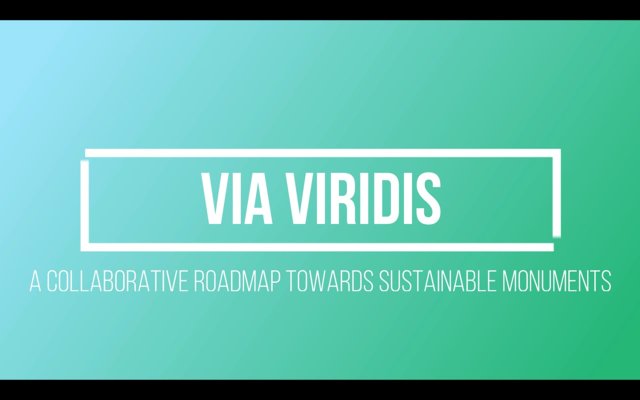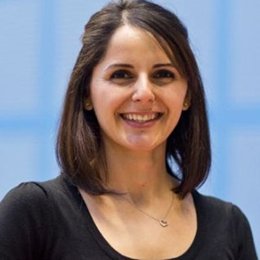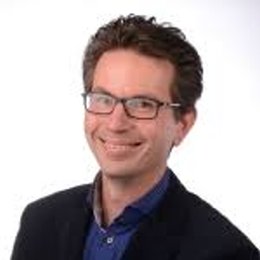Last month, cohort 2020 of DesignLab's Transdisciplinary Master-Insert 'Shaping Responsible Futures' gave their final presentation. Nine students from twelve different study disciplines have experienced the meanings of working in a transdisciplinary way and were able to put it into practice, together with organisations that really needed a solution to their societal challenge. What does it mean for students to collaborate with all these different people and views? How can we learn from them? Three students share their experiences and the projects they have been working on.
View of the students
Niklas Bexten: "The world of the early 20th century and now more so than ever, is marked by an increasing need for specialisation. Today´s study programmes are mostly designed to be as specific and contingent as possible. Yet, every field acknowledges its own limitations and tries to circumvent them by becoming even more specific. This stands in stark contrast to the problems we are facing today. Climate change, political participation, gender equality, and pandemics are stress testing sciences and societies from uncountable angles."
Michael Bui: "The experiences from the master-insert taught me the importance of working in a transdisciplinary manner. Some of the projects we worked on were so complex, that our individual expertise was not sufficient to come up with novel and effective solutions; it was the synergy of our disciplines that led to the outcomes that we are proud of."
Mats van Dalen: "To me, transdisciplinary leadership means that one can intellectually connect, synergise the efforts and energy, and create a simultaneously professional and personal working environment for all stakeholders that are involved in a project. (...) Transdisciplinary research requires all stakeholders that are involved to create a new unified intellectual framework, one that goes beyond the disciplinary boundaries."
Projects: Via Viridis & Systems Thinking
Niklas: "In one of the projects, we were introduced to Monumentenwacht and Monumentenadvies Oost, that help monument owners with their restauration and services. In our research we identified that the problems are manifold, and the solution needs to address at least the most important ones." Mats explains: "Through monumental buildings, (younger) generations can get a tangible grasp of what their history is and how it is connected to their future. Monuments are dynamic: they move through time and new chapters are constantly added to their already rich history. Today's challenge is making monuments more sustainable while preserving their monumental values. At first sight, these objectives seemed contradictory to us. However, we soon realised that only by bridging the gap between them could we develop novel ideas and insights." Niklas shares the answer: "By combining our different fields and the information given by the stakeholders, we designed an online collaboration platform that includes 3D Models of the monuments and a direct information access point for the owners and the administrative bodies." Watch the video that explains the concept:
Michael: "For the final project, we focused on advising the municipality of Enschede on one of their potential policy implementations, i.e. to move all scooter drivers to the main road, to reduce the nuisance for cyclists. We looked beyond the numerical results in our final policy recommendation, by addressing the societal dimensions which we explored in previous analyses as well. The latter is important, since the complex systems of modern day society are too multifaceted to be addressed from a single perspective."








